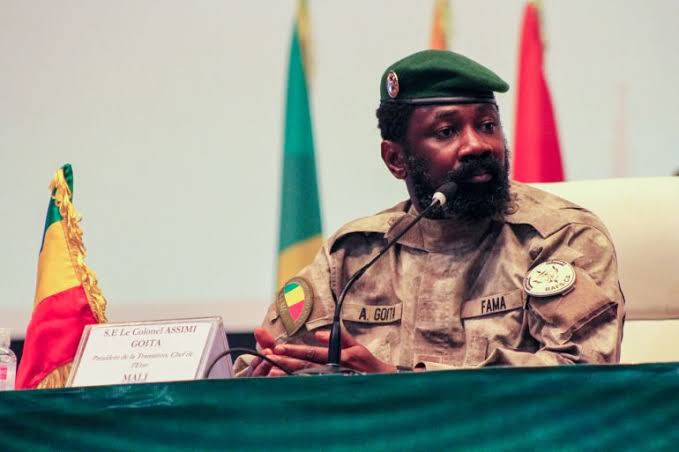Mali has told Sweden’s ambassador to Bamako that he or she must leave the country within 72 hours or be expelled. Mali’s Ministry of Foreign Affairs made the decision public on Friday. It was in reaction to what Mali called a “hostile” statement by a Swedish government official. Sweden’s minister for international development cooperation and trade, Johan Forssell, said that Sweden would be cutting back on its help to Mali. This made things worse between the two countries.
The already tense situation between Mali and Sweden got even worse after Forssell’s announcement. Forssell explained in his statement why Sweden is planning to slowly cut back on its help to Mali, citing worries about the country’s political and human rights situation. Reports of abuse of human rights and worsening conditions in Mali led the Swedish government to decide to cut aid. Forssell’s announcement was a big change in Sweden’s foreign policy towards Mali. It showed that people were getting more and more angry with the Malian government’s actions and policies.

Diplomatic Tensions: Mali orders Swedish ambassador to leave within 72 hours following aid cut announcement.
Mali’s response to the end of help was quick and firm. In response to Forssell’s comments, the Malian government said they were unacceptable and would hurt the relationship between the two countries. It was said in a statement that Mali’s Ministry of Foreign Affairs thought the Swedish government’s choice was an invasion of its sovereignty and a breach of diplomatic norms. The order to expel Sweden’s ambassador, which says the official must leave the country within 72 hours, shows how bad the diplomatic problems are.
This shows how important foreign aid and diplomacy are on a larger scale. Sweden’s decision to stop sending aid to Mali is part of a bigger trend of countries rethinking how they give aid based on how democratic and human rights-friendly the governments they give aid to are. Losing help from a major donor is bad for Mali because it means they will lose both money and goodwill with other countries.
Mali has been having problems with security and political unrest, and they see the cutbacks in aid as a punishment that makes their problems worse. foreign observers have been keeping a close eye on the Malian government because of how it handles internal conflicts and works with different foreign groups. Sweden’s decision to cut aid shows that Western countries are becoming more worried about Mali’s government and record on human rights.

Escalating Disputes: Mali’s response to Sweden’s aid phase-out intensifies with expulsion of the ambassador.
Mali’s decision to kick out Sweden’s ambassador is a major diplomatic move that shows the country is ready to fight back against what it sees as foreign meddling. This move could make things even worse between the two countries and could affect future international talks. The order to leave may also change how other countries help Mali because it shows how complicated international aid and political relations can be.
While Mali deals with its political problems, the bigger effects of this event show how fragile international relations are. The argument between Mali and Sweden is a good reminder of how complicated international help can be and what can happen when political and diplomatic differences arise. Things are still changing, and more changes are likely to happen as Mali and Sweden deal with the effects of their diplomatic disagreement.